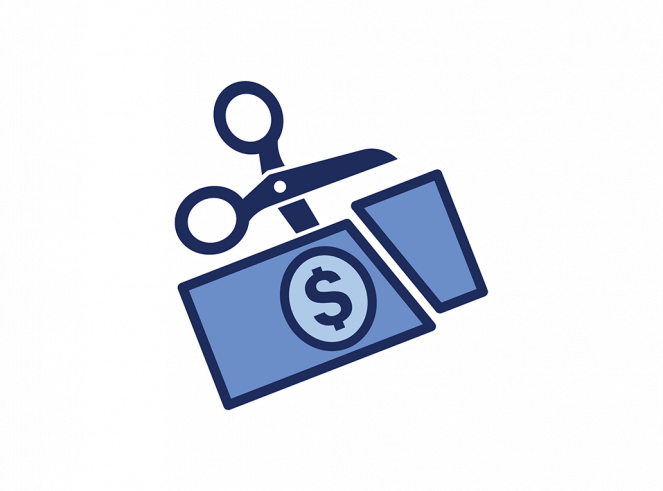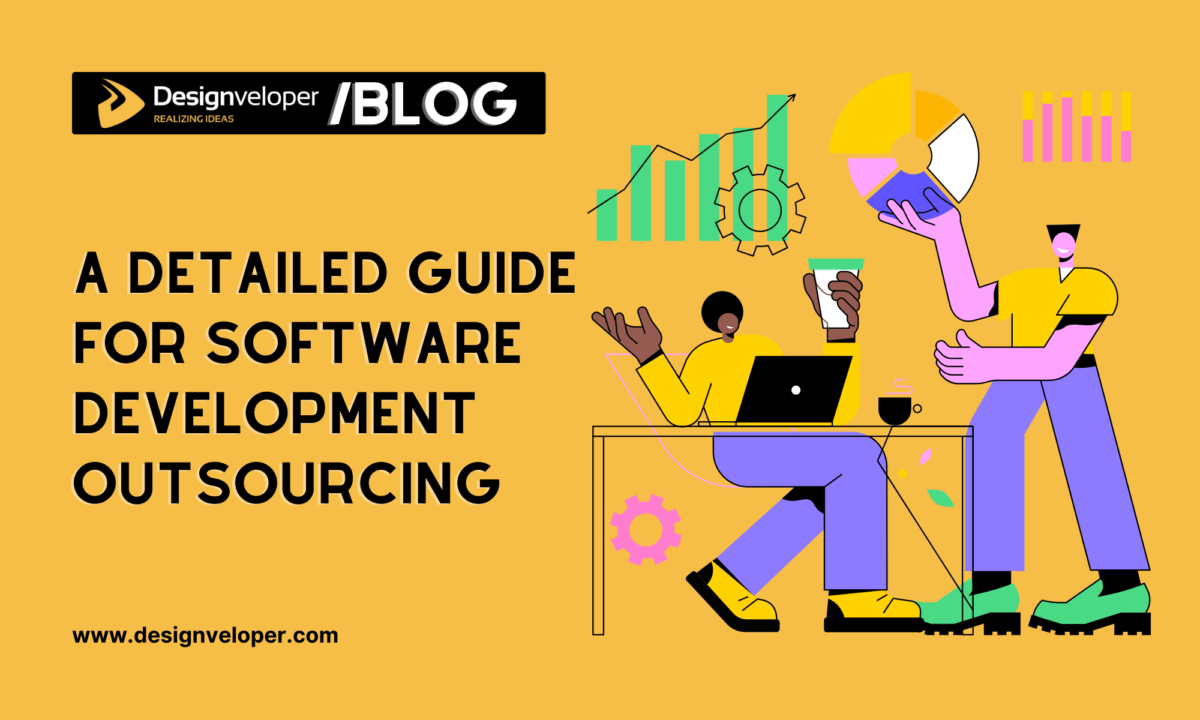
It’s the beginning of November, and your accountant had just given you, the business manager, last month’s financial statements. You noticed your business revenue had dwindled by 4.6% compared to the previous fiscal month. Even more worrisome, this trend of declining revenue has been going on for several months. What could be the source of this? You thought you were doing everything right: keeping product prices competitive, negotiating for better deals with your manufacturers, after-sales service, and so on, but hardly any of those changes really tipped the revenue balance to the other side. Someone suggested instead of relying only on words of mouth, you should market your products online as well.

However, digital marketing comes with a catch, there needs to be somewhere on the web to direct your potential customers to. Amazon and eBay-based shops might be the choice du jour for businesses new to online sales, but with the exorbitant deduction fees and fickleness in policy changes on these platforms, you decide to forgo that option.
What About My Own Online Store?
Unfortunately, your budget can’t afford to open an extra division just for IT personnel, “I’ll go with the no-website option until I have enough money”. OK, there’s another option – outsourcing developers to create a website. Now you might be protesting, “but I don’t have the budget and I can continue without a website just fine”. What if a website can be affordable? What if the cost of outsourcing developers is just a fraction of housing an entire department?
If you still curious about this promising solution to your woes? Read on.
Why Does Your Business Needs an Online Presence?

In the US, 88% of consumers do research online before deciding to buy in 2017, which means, you are losing out on market share by not having an online presence. Not only that, it’s projected that the above number will continue to rise. Your competitors that have an online presence already are able to tap into that segment of customers. Hopefully, by now you are convinced you really do need a website to sell your products online, after all. But what solution should you employ? A static website, a web app, a mobile app, or a combination of all of them (of course if your budget allows). The answer is depending on your business needs. Below is a quick guide on the difference between those solutions.
FURTHER READING: |
1. Software Development Outsourcing: A Detailed Guide |
2. How to Choose a Software Outsourcing Company? Best Guidelines |
3. 4 Software Development Outsourcing Pitfalls to Avoid |
1. Website
Websites can be solely static or have both static and dynamic functionality. However, in this section, our discussion will restrict the definition of a website to “static” only.
A static website’s main function is to display information “as is”. Anything extra like sending a contact form is not possible. If you only want potential customers to be able to find your business on the Internet and contact you through other offline channels, static websites can be an affordable option as they’re simple to create and maintain. Here are some other benefits of having a website you might have not considered yet:
- Advertising availability: most of the time (minus downtimes due to cyberattacks, too many requests, etc)
- Business legitimacy: Weekly’s survey of millions of consumers in 2013: 56% don’t trust a business without a website. As a result, businesses having websites are more credible in consumers’ eyes. In addition, good web design/site aesthetics can produce good impressions on customers.
- A central place for addressing common concerns: Place your customer’s frequently asked questions there.
- A resource center: write blog posts, articles, tutorials, etc to promote your business and provide your customers with helpful information related to your product/service.
2. Web apps/mobile apps

If you want to sell your products online, and maintain an interactive database of customers for upselling, you will need a web app, and maybe a mobile app, too. While the upfront cost of an app may be high, the payoff will be worth it if you want to retain customers (Tip: outsourcing developers can keep the cost affordable. Read the next section to see why).
Having a web app/mobile app may include all the above perks of having a website, and more:
- Systematic engagement: Selling your products online requires databases to manage user info. User interaction and customer satisfaction can be monitored by analytics tools.
- Personalized experience: personalized recommendations on shopping sites, custom tools to design a mug, for example.
- An interactive channel for communicating with customers, replacing traditional means (phone calls, etc).
- Mobile apps because everybody has a smartphone.
How Do Outsourcing Developers Fit into This Picture?
You have decided to have a website/app. Awesome! Now, your business has two choices: create a website/app yourself, or hire somebody else (outsource developers) to do it. However, in the rest of the article, we will explore the remaining option – outsourcing developers.
So what’s the fuss about outsourcing developers?
1. Cost of hiring outsourcing developers

Recommended reading: Software Development Costs: A Detailed Guide to Estimate Your Project
Cost is often ranked first among the reasons why businesses decide to outsource developers. Besides financial costs, outsourcing developers can save you time as well, especially if you are a small business. Setting up sites/apps can be time-consuming and end up costing you more in the long run if you are not familiar with doing it. Therefore, outsourcing developers can freeze up time for you to focus on what really matters.
Outsourcing developers taken as a whole is actually more economical compared to integrating a team of developers into your business. To boot, if you want complicated websites/apps, you won’t just need developers, but also UI/UX designers, business analysts, etc. In contrast, you only need to outsource developers once and don’t have to deal with the headache of what needs to be done by whom.
2. Expertise

Free tutorials and courses on how to create websites/apps are endless on the web. Yet, unless you’re in the software industry, chances are you are the only expert in your field, and not creating websites/apps that can engage users and improve conversions (which software developing companies are). Outsourcing firms offer consulting services and guidance to address your business needs if you haven’t had a concrete idea of what you need first. If your budget permits, you may consider reputable outsourcing companies as they are experts in making websites/apps catering to their customer’s needs.
3. Quality

With many more outsourcing firms on the rise, choosing where to outsource can be difficult. Location-wise, there are two ways to outsource: Inshore and offshore outsourcing, with inshore more expensive, and offshore outsourcing more budget-friendly. Contrary to conventional wisdom, offshore outsourcing is not synonymous with “worse quality”. When researching carefully, you can get similar quality for less when outsourcing offshore due to the cheaper cost of living. Thus, there are no longer any constraints on who to hire: The world is your oyster.
Recommended reading: What is The Quality Assurance Process?
Conclusion
The key takeaway from this article is if you don’t have a website, get one now. Do-it-yourself solutions can be costly down the line due to bugs and feature creep arising in the software. Instead of that, outsourcing developers can help your business reduce costs related to maintaining your website/app at a fraction of the cost of time and energy when you do it yourself. Once you have outsourced development, you can now have your full concentration back on the core of your business.






Read more topics





























































